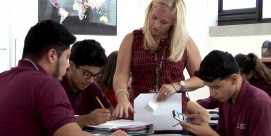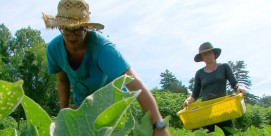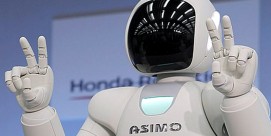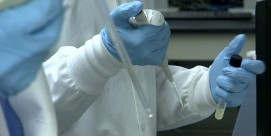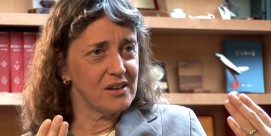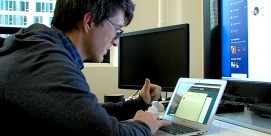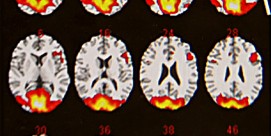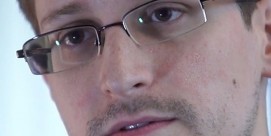Topic: Science and Technology
“We’re not just getting [students] ready to graduate from the high school, we’re getting them ready to graduate from the university, and that begins as early as preschool,” says Deborah Gonzalez, chief academic officer at Arizona State University’s prep school. More
“Judaism is very deeply rooted in agriculture, and I didn’t know that before,” says Molly Zimmerman, who had the support of a three-month fellowship from Hazon, a Jewish environmental group, to learn about organic farming. “Being able to learn things from the Torah related to the things that I do day-to-day is just mind-blowing to me.” More
“Artificial intelligence is the ultimate powerful technology, because if we ever succeed in making machines that are much smarter than us and keep amplifying their own intelligence, there’s basically no limit to how much we can figure out with their help. There’s also no limit to the extent we could mess up,” warns MIT physicist Max Tegmark. More
“I think God created us to be inventors. He created us to have passion, to have dreams and visions, to push the envelope of invention and new creation,” says Pat Gelsinger, one of the wealthiest and most powerful people of faith in Silicon Valley. More
“I’ve realized that my neighbors are not just the folks living down the street or over a block, but they are living all around the world. They’re living in Rwanda, they’re living in Kenya, they’re living in Senegal, they’re living in Morocco, and so forth. And we need to be looking out for each other,” says Steve Clarke, a volunteer at Compatible Technology International. More
“Religion and science are two quite different things and we need them both. Science takes things apart to see how they work. Religion puts things together to see what they mean.” More
“If our earth is not the only inhabitable world, what does that imply?” asks Dr. Jennifer Wiseman, director of the Dialogue on Science, Ethics, and Religion at the American Association for the Advancement of Science. “That’s an exciting question and the kind of thing I hope will be discussed with joy in these institutions.” More
Some social media companies—including Facebook—have run experiments to learn what influences user behavior. Many of these experiments have troubled both social media users and privacy advocates, who worry that this research and use of personal information is unethical. More
A neuroscientist and an ethicist ponder the subject of violence and how to prevent it: “It’s beyond a reasonable doubt now that there is this brain basis to crime,” says Professor Adrian Raine. But “we have to be very careful how we use this information,” warns Professor Paul Wolpe. More
Edward Snowden “would be truer to what is morally at stake in his actions and to the highest tradition of civil disobedience if he came home to face the consequences.” More

